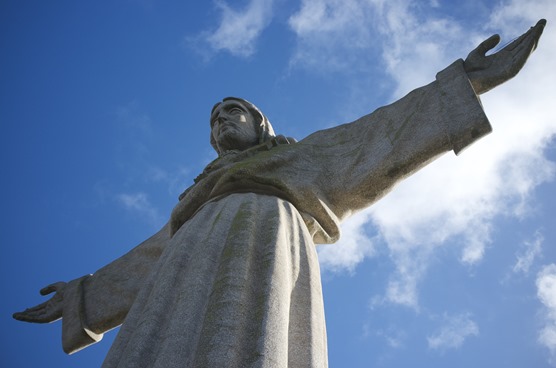On what do we set our affections? A simple drive to work each morning presents a multitude of options: houses, cars, certain kinds of relationships. None of these objects are bad in them self. However, there is a proper way for the Christian to see them, as Dietrich Bonhoeffer explains. In his most famous work, The Cost of Discipleship, Bonhoeffer urged Christians to throw off everything that hindered their wholehearted allegiance to Christ, including the accumulation of wealth.
Jesus does not forbid the possession of property in itself. He was man, he ate and drank like his disciples, and thereby sanctified the good things of life. These necessities, which are consumed in use and which meet the legitimate requirements of the body, are to be used by the disciple with thankfulness . . . Earthly goods are given to be used, not to be collected. In the wilderness God gave Israel the manna every day, and they had no need to worry about food and drink. Indeed, if they kept any of the manna over until the next day, it went bad. In the same way, the disciple must receive his portion from God every day. If he stores it up as a permanent possession, he spoils not only the gift but himself as well, for he sets his heart on accumulated wealth, and makes it a barrier between himself and God. Where our treasure is, there is our trust, our security, our consolation and our God. Hoarding is idolatry.1
Footnotes:
1 Dietrich Bonhoeffer, The Cost of Discipleship (London: SCM Press Ltd., 1959), 155-156.
Photo used with permission from flickr





